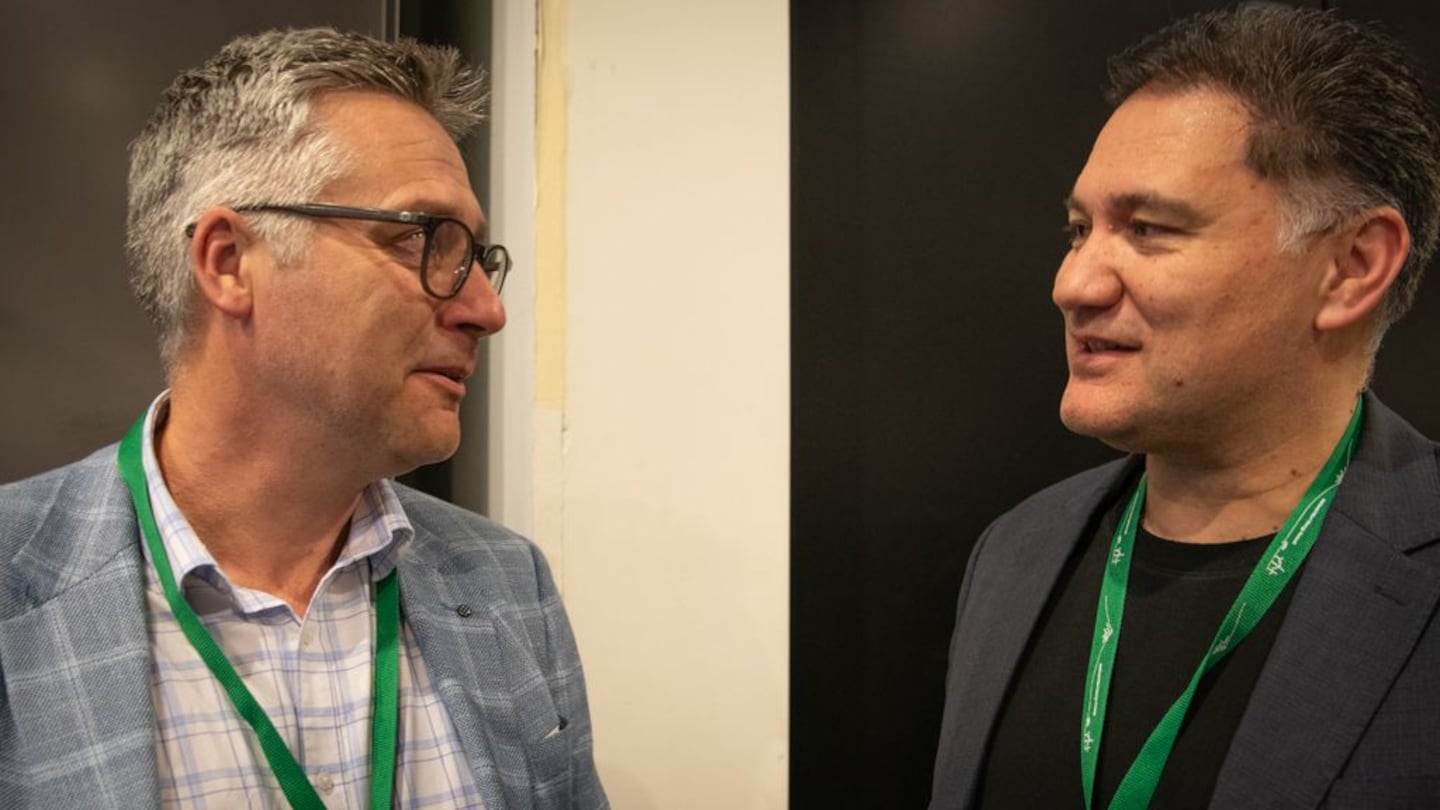Don’t accept crumbs from the table: help build the table, own the table, share from the table.
That was the message at last week’s National Māori Energy Summit in New Plymouth.
The Iwi Leaders Forum invited energy industry players to discuss what’s coming down the pipeline and how iwi might secure a stake.
Engineering consultancy Beca’s energy technical director Nick Cozens said power stations worth billions demand partners with money and expertise – but mana whenua and mana moana held stronger leverage that most realised.
Investors craved stability and land or ocean access was more secure with iwi-hapū on board.
That created a ‘carry’: a valuable interest Māori could parley into a growing stake in the project, said Cozens.
“You build the table together, but you build the table on your terms.”

Cozens said last century’s transition to nationalised oil and gas saw Māori waiting for few, if any, crumbs to fall from the table.
“That’s all bullshit. Game’s changed.
“You’re now into a commercial arrangement: you set the drumbeat, not the Crown.”
The Crown brought similar advice, via infrastructure foreign funding agency Invest NZ.
It’s investment manager Darren Beatty said partnerships with big players prioritised commercial gains, but iwi would only join if community needs were met.
“If your whānau are driving past a massive solar farm the iwi owns, and they’re still incurring these massive electricity costs at home, we are missing a trick.”
Iwi investors want energy poverty eased not for social licence but because it’s the right thing to do, said Beatty.
“We’ve got to push the commercial side first, give it time to build momentum… and then come later with community – but the community must be part of the initial vision.”
Ngāti Tahu-Ngāti Whaoa [subs: punctuation correct] joined with Mercury Energy on Nga Awa Purua geothermal station near Taupō.
They earn ground-lease from Rotokawa and Ngatamariki stations, plus geothermal fluid royalites from Rotokawa, all under the Tauhara North No. 2 Trust.

Trust chair Che Charteris cautioned energy investment demanded huge sums and high risk appetite.
Prospectors were hunting higher-energy ‘supercritical’ geothermal fluids via wells six kilometres deep.
Within a decade cheaper panels paired with sodium batteries would halve solar energy costs, disrupting residential electricity markets, Charteris said.
Solar microgrids would win in neighbourhoods, papakāinga and rural communities but industry needed less ‘peaky’ generation, mostly from biomass using forestry waste.
He said industry would relocate near cheaper energy, sustaining the likes of recently lost sawmill jobs.
“Māori businesses are suited to help solve those problems because of long-term thinking, connections to the rural sector, and our desire to keep whanau employed.
“We’re motivated, we’ve got skills and a worldview that helps – but finding the right partner is key.”
South Taranaki currently faces a fast-track application for seabed mining, with more miners awaiting the precedent-setting decision.
Wave generation company Ngaru Energy’s chief executive Charles Russell is from the area’s Ngaa Rauru, Ngāti Ruanui and Te Pakakohi.
Wind generators were against the mine and Russell said strong wave energy sites match offshore wind hotspots, with Taranaki one of the country’s top three prospects.
Ngaru’s generators come from Sweden, but hulls and non-invasive anchors would use Taranaki’s engineering and fabrication capabilities, port, and transmission capacity.

“That’s the opportunity: if our resources here are starting to dissipate, especially natural gas, what’s the replacement?”
“With iwi Māori in support, we keep checks and balances around managing te taiao (environment), and social responsibility.”
The summit was sponsored mostly by big energy – electricity companies and banks.
But Te Kaahui o Ngaa Rauru also chipped in, and tumu whakarae Tahinganui Hina said the iwi had already had approaches from companies seeking wind and solar resources – and now waves.
Hina said financial limits would be a reality check for iwi, but it wouldn’t be solely about profits.
“There’s absolutely social benefits we consider, given the isolation of some of our marae.”
And the benefits wouldn’t be just for iwi-hapū.
“We need our wider communities to be successful and thriving so we as iwi from this rohe can thrive.
“It’s unhelpful to have people on both highs and lows: We need to lift all of our people up.”
LDR is local body journalism funded by RNZ and NZ on Air




